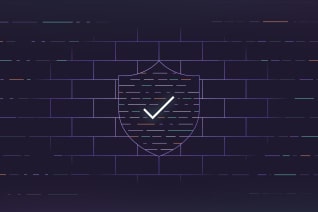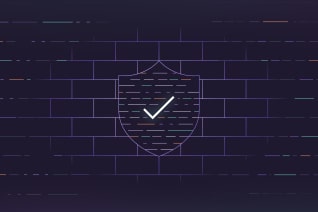Browse articles from Security
Recent posts

Important information regarding xz-utils (CVE-2024-3094)
Affected software not used for GitLab.com, GitLab Dedicated, or default self-hosted software packages.

GitLab Security Release: 16.10.1, 16.9.3, 16.8.5
Learn more about GitLab Security Release: 16.10.1, 16.9.3, 16.8.5 for GitLab Community Edition (CE) and Enterprise Edition (EE).

Coming soon: GitLab dependency firewall
Learn how this new feature will help organizations avoid supply chain software attacks by warning them or blocking the download based on a project's policy.

We’re combining patch and security releases
This improvement in our release process matches the industry standard and will help GitLab users get information about security and bug fixes sooner.

Simplify your cloud account management for Kubernetes access
In this tutorial, learn how to use the GitLab agent for Kubernetes and its user impersonation features for secure cluster access.

The ultimate guide to least privilege access with GitLab
This tutorial demonstrates how to achieve least privilege access using custom roles, security policies, compliance pipelines, branch protections, and more.

GitLab Security Release: 16.9.2, 16.8.4, 16.7.7
Learn more about GitLab Security Release: 16.9.2, 16.8.4, 16.7.7 for GitLab Community Edition (CE) and Enterprise Edition (EE).
Find out which plan works best for your team
Learn about pricingLearn about what GitLab can do for your team
Talk to an expert

